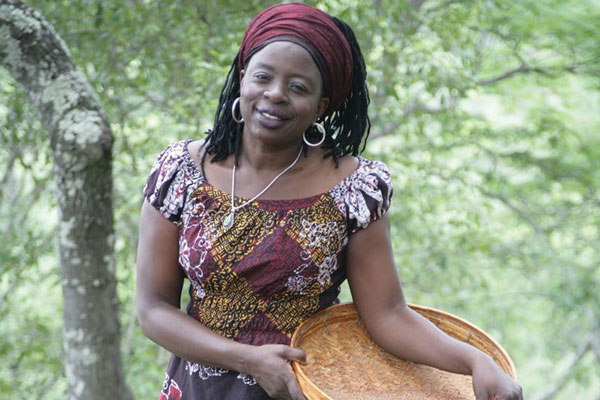
Editorial Comment
CLAIMS by Labour and Social Welfare minister Sekai Nzenza this week that the country had adequate food stocks to cater for vulnerable households cannot go unchallenged, given the current harsh weather conditions which have seen some areas failing to receive rains since the beginning of the rainfall season.
It’s quite clear even from the food security assessments made by international bodies such as FewsNet that the country is heading for a drought, which calls for intervention by global humanitarian organisations to stave off hunger.
We wonder what our government, or Nzenza in particular, is trying to hide by painting a rosy picture of the country’s food security status.
This week, Nzenza told Parliament that there were enough stocks of grain to avert any threats of hunger in 2019, and to feed vulnerable households during the lean season.
Although provinces like Harare have been blessed with a lot of rainfall this week, the rains have been very erratic. The high costs of food stuffs in the country will also increase the number of households that would require food aid to the extent that even a huge number of urban households might be rendered vulnerable.
The Labour and Social Welfare minister’s food vulnerability projections seem to negate reports by other experts like FewsNet, who have said that due to the El Nino weather effects there was likely to be below-average rainfall from October 2018 to January 2019. Their projections proved true.
FewsNet said due to uncertainties in rainfall patterns it was likely to impact on food production during the cropping season.
- Chamisa under fire over US$120K donation
- Mavhunga puts DeMbare into Chibuku quarterfinals
- Pension funds bet on Cabora Bassa oilfields
- Councils defy govt fire tender directive
Keep Reading
Their 2019 food vulnerability projection was that it is possible that some areas or some pockets of households will likely experience emergency outcomes where they will need food aid, especially poor households.
They said constrained economic activity in the country, foreign currency shortages, high parallel market exchange rates, multiple pricing systems, and other militating factors which continue to exist in the country will also increase vulnerability.
FewsNet said this, coupled with high prices of food and other basics, will severely impact on poor households’ purchasing power.
Nzenza’s decision to gloss over the looming food shortages will hinder emergency food donations from coming into the country. The impression she has created is that Zimbabwe does not need any food assistance in 2019.
This means that Nzenza and her entire team in government’s food and nutrition cluster, which involves Finance, Industry, Agriculture and other ministries, need to do a very thorough assessment of the food situation in the country so that they send the right messages to the international community.
A recent World Food Programme report said during the 2019 lean season (period October 2018 to January 2019 Zimbabwe had more than 2,4 million people that faced food insecurity due to poor rains and erratic weather patterns that had a negative impact on crop harvests and livelihood prospects.
Their projections also pointed to an even higher number at risk if the cropping season rainfall continued to be below normal.
In a country were undernutrition levels are high, especially in rural areas, where there is widespread poverty and millions of people living with HIV and Aids, as well as serious economic problems, there is need for an accurate assessment of the food situation in order to attract donor assistance on time.











